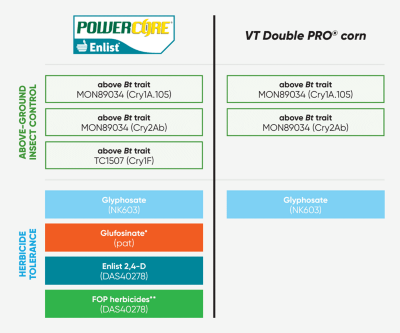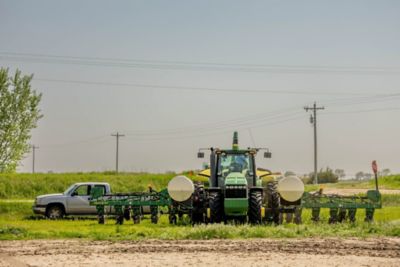Products
AgVenture brand products are hand-selected by each independent seed company from the industry’s most diverse inbred combinations and elite germplasm pools to deliver maximum yields on every acre.
AgVenture brand products are hand-selected by each independent seed company from the industry’s most diverse inbred combinations and elite germplasm pools to deliver maximum yields on every acre.

Experience the latest class of AgVenture brand Enlist E3® soybeans for your fields this year.
Read
What happens when elite, high yielding and agronomically strong genetics hit the market with a trait that delivers performance and flexibility advantages over current options?
Read
A well-maintained and prepared planter ensures precise seed placement, consistent depth, and uniform emergence, all of which contribute to a successful growing season.
Read